The sun is shining, classrooms are abuzz with the sound of engaged teachers and students and, besides your 4pm meeting with a generally difficult parent, you’re looking forward to the day ahead.
Then it happens. The office phone rings and you get a call from the receptionist with those 11 words that make your heart sink: “I have a reporter on the line from the local paper.”
The big question: how do you spot the difference between a simple media enquiry and a media crisis?
The simplest way to define a media crisis is anything that’s likely to result in damage to your school’s reputation as a result of negative news coverage.
So, here are my five red flashing lights; the signs there’s a potential media crisis ahead that needs to be handled with great care.
Flashing light #1: Subject matter
Anything relating to claims of harm to a current or former student in particular. Sexual assault is top of the list, but it can also extend to bullying, illegal drug use or even the discovery of asbestos in a classroom. As a rule of thumb, the most serious subject matter will involve the police or a regulatory or investigative body of some sort.
Flashing light #2: Who’s calling?
Or, to be more precise, which media outlet is asking the questions. You should be careful with media outlets of all types, but there is no question that some are worse than others. The three trickiest media types to manage are commercial television news or current affairs shows, talkback radio stations (especially those who feature so-called ‘shock jocks’) and tabloid newspapers.
Flashing light #3: Social media source
Reporters asking questions based on something they have read on a social media platform like Facebook. In theory, journalists reporting an issue should confirm the information from the source before they publish or broadcast. Unfortunately, the advent of social media has seen what used to be a pillar of ethical journalism thrown out the door. These days, reporting is open slather or what Donald Trump would call ‘fake news’. The additional problem with allegations posted on social media is that more often than not the source of the claims is anonymous, and the person or organisation being accused is deemed to be guilty until proven innocent.
Flashing light #4: Questions about historic incidents
I will define ‘historic’ here as anything going back more than two years. In my experience, the further back an incident is alleged to have occurred, the more difficult things become. This has been one of the problems for institutions confronted by allegations of historic sexual abuse – often the claims hark back to a time when the reporting regime was almost non-existent and record keeping was poor. This makes rebuttal extremely difficult and often results in long-running and negative coverage.
Flashing light #5: Issues involving your local council or municipal authority
This one might appear to be a little out of left field but it’s a category of enquiry that, in my experience, is often laced with trouble. The most common issues are complaints from neighbours or comments from a local councillor or mayor about planned building developments. I am being stereotypical here, but a problem with local councils is they tend to include individuals who have scant regard for the truth and love nothing more than whipping up a media storm for their own benefit. What’s worse, local newspapers generally feast on what they have to say with little, if any, attempt to demand evidence.
It is important to make the point that the majority of calls made by journalists to schools are positive, so I would caution against becoming paranoid. It might be a reporter telephoning because they’ve heard about a significant school achievement, a student winning a major prize or students doing good works in the community.
Nevertheless, it pays to be careful. When it comes to putting yourself in the best position to fend off a media crisis, my one piece of advice to school Heads is this – never take a media enquiry direct. Have your calls screened by someone else: an office receptionist or, even better, your school communication specialist.
Please understand I am not suggesting you should hide – sooner or later you need to be available to speak. But the initial call from a media outlet is best handled by someone other than yourself. A direct call from a reporter often carries the risk of a direct or ill-considered response. Having someone else take the call and record the request for comment will provide a priceless opportunity to respond with wisdom and care when the time is right.
John Le Cras has nearly 40 years’ experience in journalism, public relations, marketing and corporate executive roles. John launched his own consulting firm in 2011 and works extensively in issue management and crisis communication in the private school sector. jlca.com







